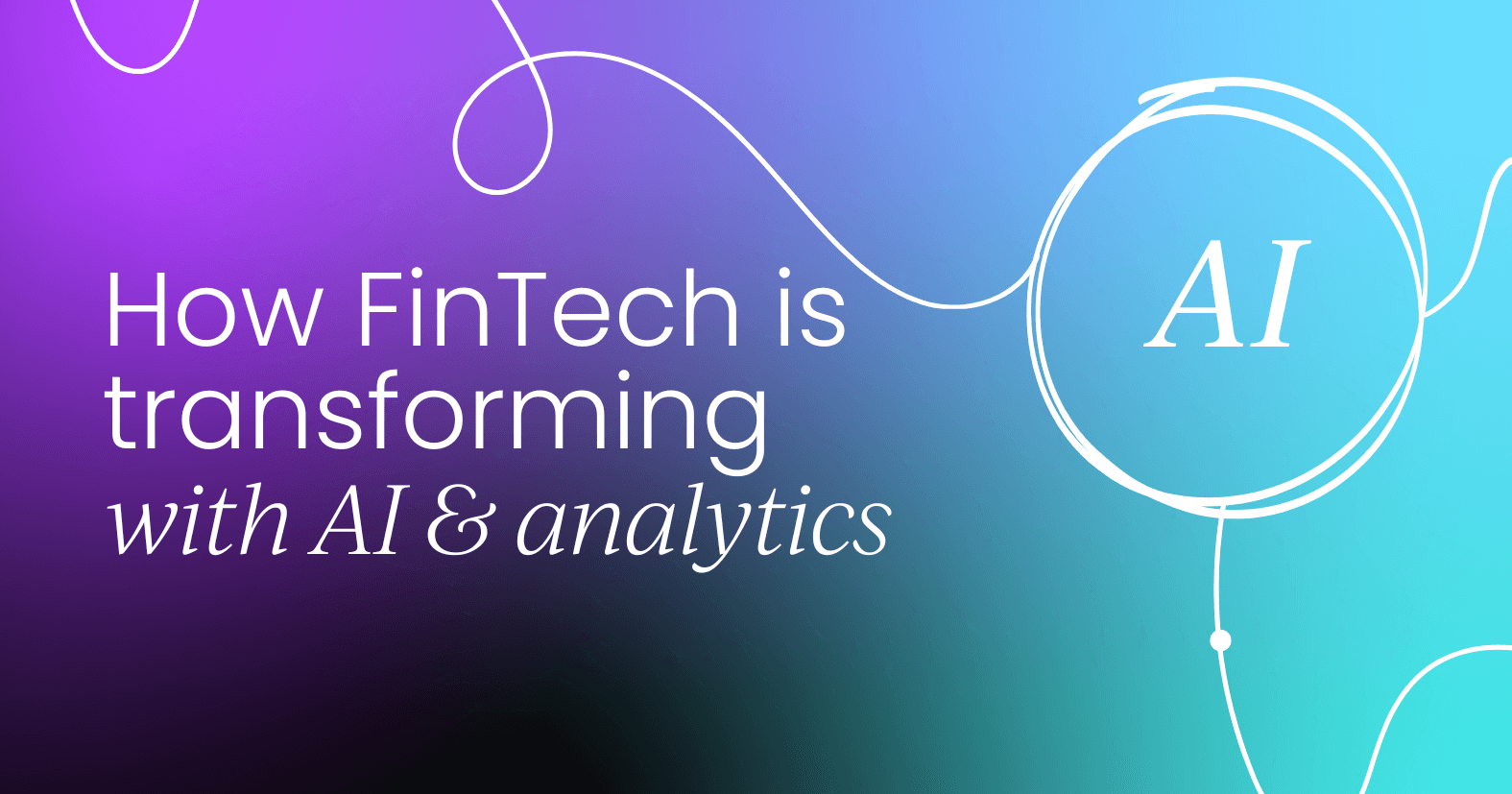After nearly three decades in finance and accounting, I found myself back in the classroom; not because I needed another degree, but because I needed a new lens.
Recently, I completed my master’s degree in AI Strategy at Oxford, alongside a postgraduate certification in Sustainability from Cambridge.
After 27 years spent building finance and accounting capability centers across India, Guatemala, Mexico, Poland, and beyond, I realized that the world I’d helped shape was changing faster than our traditional playbooks could keep up.
Artificial intelligence isn’t just another technology wave. It’s a paradigm shift in how we define and deliver value.
My world has always revolved around numbers; revenue, margin, and cash. But AI has made me rethink what drives those numbers in the first place.
And the conclusion I’ve reached is simple but profound: AI is not the thing to chase. Value is.

The confusion around AI is real, and that’s okay
When I speak to professionals (from CFOs to students to people I meet on the street) the reactions to AI couldn’t be more different. Some say, “It’s the next electricity!” Others whisper, “It’s too risky; I’ll stay away.”
That confusion is understandable. We’ve lived through hype cycles before. I remember when RPA (Robotic Process Automation) was supposed to change the game. It helped, but it didn’t revolutionize the business.
So, it’s natural to ask whether AI will be any different.
The questions I hear most often are the same ones I had myself at first:
- Is AI truly transformative, or is it another overhyped buzzword?
- Should I be concerned about losing control?
- How will I explain AI-driven decisions to my auditors?
- What value will it create for me and my organization?
- And how do I even begin?
The truth is, these are exactly the right questions to ask. They signal healthy skepticism, the kind we need before embarking on any strategic transformation.
Why I chase value, not AI
For me, AI only matters when it creates value. I’m not interested in chasing technology for technology’s sake. As finance professionals, our North Star has always been value creation, and that always comes down to revenue, margins, and cash.
Take accounts payable, for example. It may not sound glamorous, but it’s central to every organization.
I still remember an Avon CEO running after me in the corridor to ask why suppliers in the UK hadn’t been paid. That moment stayed with me; it was a reminder that finance operations touch everything.
When I look at AI in AP, the question isn’t, “Where can I use AI?” but “What value am I trying to unlock?”
If a company is struggling with working capital, I think about how AI can optimize payment timing.
If the problem is margin compression, maybe AI can help identify discount opportunities faster. If the concern is risk, perhaps AI can catch duplicate or fraudulent payments before auditors do.
At Avon, for example, millions of dollars were lost in a bribery case detected through the AP process. It showed me that controls, and the technology that supports them, are not optional. They’re central to trust and sustainability.
So yes, I use AI. But I don’t chase AI. I chase value, and I let value determine how and where AI fits in.
The three components of AI: data, computing, and people
When I think about AI, I think in three parts: data, computing, and people.
Data comes first. AI is a massive data guzzler, and without quality data, you’re simply building castles in the air.
I’ve seen too many companies jump straight to algorithms without fixing their data foundation: issues like accuracy, labeling, privacy, and accessibility.
Before you go chasing the shiny promise of AI, you have to roll up your sleeves and clean your data. That’s where I always start.
Computing, on the other hand, is becoming cheaper by the day. With open-source platforms and the abundance of cloud computing, this is not where finance leaders need to focus their time.
Which brings me to people, the most important component of all. Every transformation, from automation to digital, has ultimately been about people.
AI is no different. If my team isn’t equipped, if they don’t understand their new roles in an AI-driven environment, then the transformation will fail, no matter how good the technology is.
The concept of “human in the loop” is more than a buzzword. It means new responsibilities, new skills, and new ways of working. Reskilling isn’t optional; it’s critical. And it starts with leadership.
If I don’t understand what AI is enabling in my function, how can I expect my team to?



 Follow us on LinkedIn
Follow us on LinkedIn




